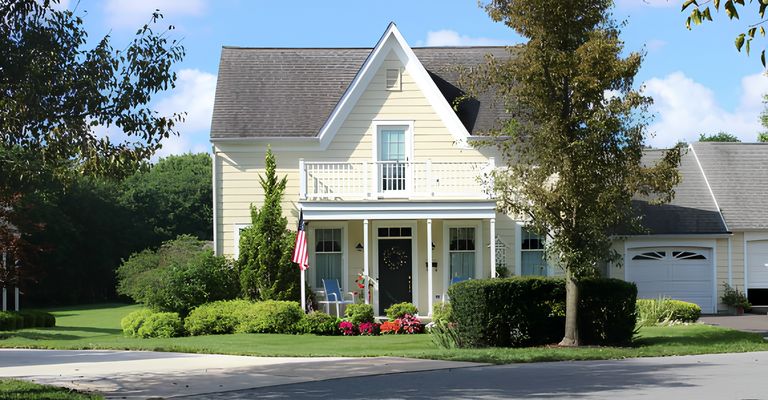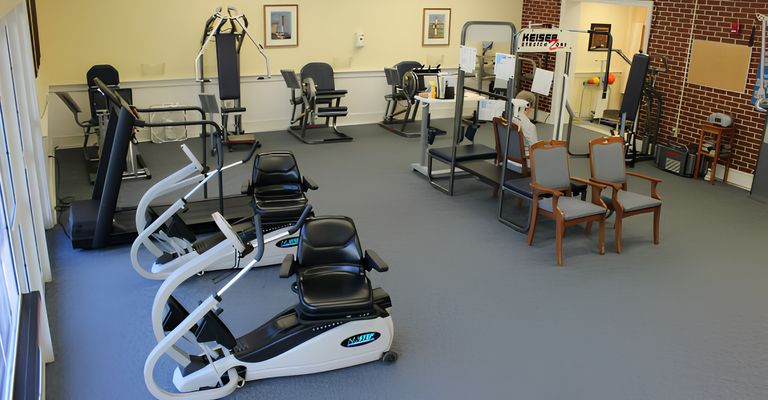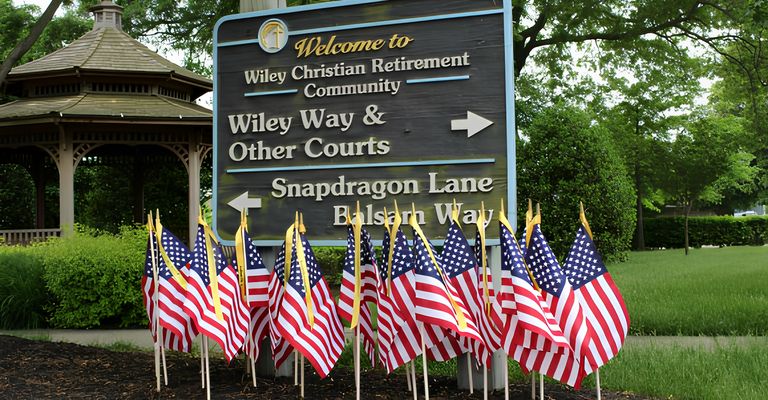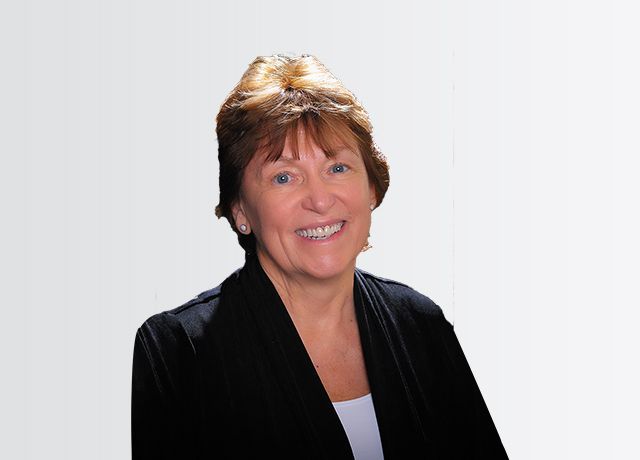Wiley Christian is an Assisted Living community in the Marlton area that also offers Independent Living, Memory Care, Continuing Care Retirement Community(CCRC), and Skilled Nursing Facility care.
Wiley Christian Retirement Community offers a welcoming and supportive environment for seniors seeking an independent lifestyle with comprehensive care options. Nestled within a picturesque 55-acre, park-like setting, the community provides a serene backdrop for its 137 homes. Residents enjoy the tranquility of this environment while benefiting from the convenience of nearby amenities, including prominent medical facilities, such as Heymann Manders & Green, just 0.6 miles away. Additionally, essential services like CVS Pharmacy are located less than a mile from the community, ensuring residents have easy access to their medical and pharmaceutical needs.
The community prides itself on offering round-the-clock medical support, featuring a 24-hour emergency nursing assistance system and emergency call systems in each home. This dedication to health and safety ensures that residents can live with peace of mind, knowing that help is always available should they need it. Wiley Christian Retirement Community also provides a robust range of healthcare services, including medication management and assistance with daily activities, ensuring each resident's unique needs are met with compassion and professionalism.
Beyond healthcare, the community is enriched with a variety of amenities designed to enhance the quality of life. Residents can enjoy the on-site wellness center, participate in art and exercise classes, or relax by the outdoor heated swimming pool. For those who enjoy social activities, the community offers clubs, a computer room, and a community garden, fostering a vibrant and engaging lifestyle.
The surrounding neighborhood complements the community’s offerings with diverse dining options, such as a nearby Starbucks and Chick-Fil-A, and beautiful parks that provide ideal settings for leisurely walks and outdoor relaxation. Wiley Christian Retirement Community stands as a testament to a well-rounded, independent living experience where residents can thrive both in health and happiness.



